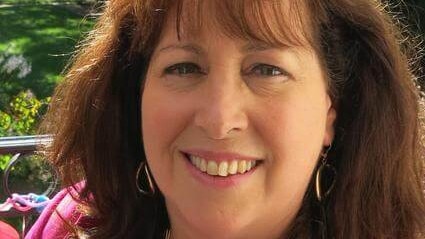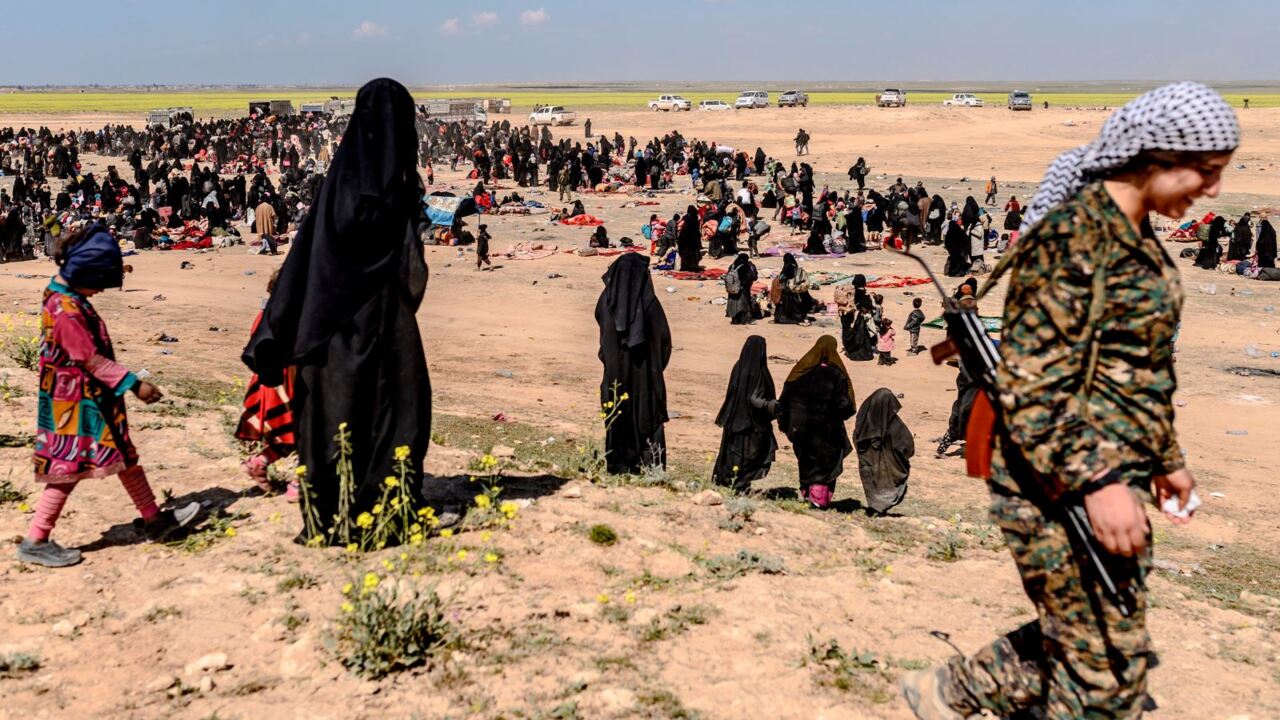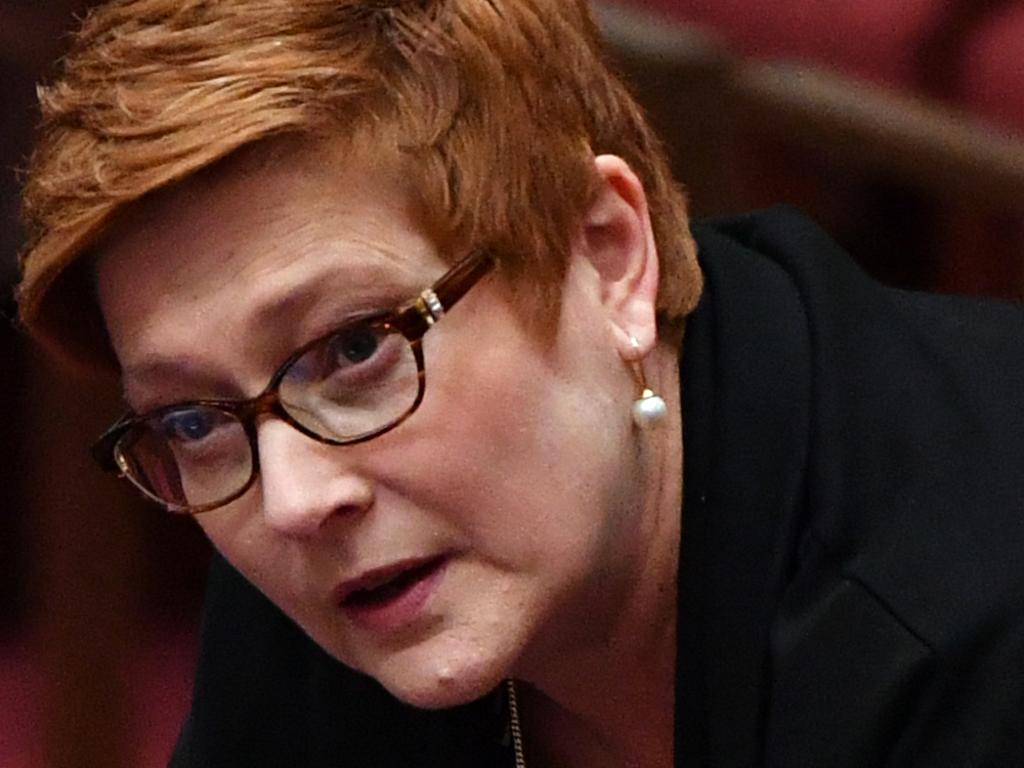Morrison government sought risk assessment for return of ISIS brides
The federal government quietly employed a global counter-terrorism expert to advise it on how to repatriate Australian families linked to Islamic State held in camps in northeast Syria.

The federal government quietly employed a global counter-terrorism expert to advise it on how to repatriate Australian families linked to Islamic State held in camps in northeast Syria.
Anne Speckhard, director of global operations at the International Centre for the Study of Violent Extremism, was hired to provide a risk assessment on the Australian women and advise on how they could be prosecuted if brought back to Australia.
A research psychologist who has chaired NATO expert advisory committees and teaches the psychology of terrorism at Georgetown University in Washington DC, Dr Speckhard has interviewed dozens of Islamic State fighters detained in Syria.
“I was asked by the Australian government to prepare a report on women’s roles in ISIS for the justice system in 2020 and wrote them a very long report on it,’’ she confirmed to The Australian.
Her work came during the years the previous Coalition government, led by Scott Morrison, was publicly refusing to countenance bringing the Australian women and their children home, arguing it was too unsafe for officials to visit.
It confirms the previous government and law enforcement were working behind the scenes on options for repatriating the cohort of Australians connected to Islamic State and detained without charge in Syria.

The Austender website shows Dr Speckhard was hired by the Australian Federal Police in December 2019 to provide “expert witness services’’ on a $65,000 contract. In March 2020, she received a contract extension and was paid $14,999 – taking the total cost to $79,999, one dollar under the $80,000 thresh-hold that would have required the contract to go to an open tender.
The AFP told The Australian that “on this matter, no further information will be supplied’’.
Asked about the pros and cons of returning the women and their children to Australia, Dr Speckhard said: “There are really only pros to bringing women and children back because the children, especially the boys, are ageing into adolescence, which earns them separation from their mothers.’’
She said the boys would be imprisoned in teen jails, then “age into adult prison and will likely only become radicalised and angry over time as they are being mistreated as criminals simply for having been brought or born into ISIS at no fault of their own.’’
Dr Speckhard, who said she was unable to release a copy of her report to The Australian, said it would be better to repatriate the women. “Whether dangerous or not, we are much better off bringing them home where we can keep tabs on their activities, if not imprison them,’’ she said. “They are dangerous if they escape and still are – or become again – ISIS operatives, as most can pose as ordinary Westerners and can cross borders with fake passports and act as highly lethal sleeper cells.’’
She said most of the men detained in Syria “fought for ISIS for some of their time … and are dangerous. That said, a lot have become disillusioned of ISIS and will likely not be hard to prosecute, imprison and rehabilitate during their prison time if good programs are offered to them.
“Again, having them safely under tabs is much better than they somehow get out of prisons in Syria, a real possibility with the chaos and attacks from many sides now, and if they rejoin ISIS out of loyalty to the group or, in many cases, no other choice.’’
Dr Speckhard said Islamic State families had been successfully repatriated, rehabilitated and reintegrated “all over the world with great success”.
“We know how to incentivise and deradicalise highly radicalised individuals with a combination of psychologists and skilled Islamic scholars,’’ she said. “Sometimes just separating them from their hopelessness and redirecting them into positive ways to contribute with the expectation of someday regaining a normal life again is enough.
“Countless children and their mothers have been brought back to home countries and are living peacefully. Some continue to be a threat but security services have usually caught up to them and they have been … imprisoned.’’






To join the conversation, please log in. Don't have an account? Register
Join the conversation, you are commenting as Logout